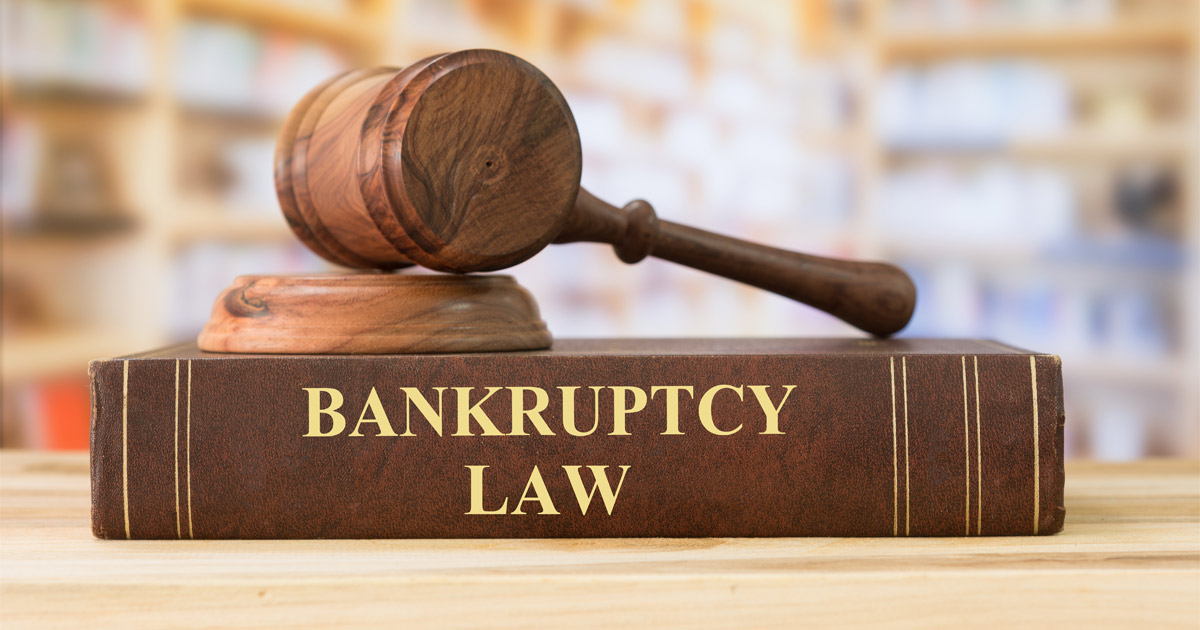Business Bankruptcy Options: Chapters 7, 11, and 13 Explained

In the ever-evolving business landscape, economic downturns, internal mismanagement, or unforeseen circumstances can lead a company into financial distress. When faced with such predicaments, bankruptcy might be a viable option to consider.
Chapter 7 Bankruptcy: Liquidation
Chapter 7, also known as liquidation, is usually considered when a business has no feasible future. It is often a choice for those with overwhelming debt and limited assets.
Under this, the business ceases operations, and a trustee is appointed to liquidate (sell) the company’s assets. The proceeds from the sale are used to pay off creditors. After all assets have been sold and the proceeds distributed, the remaining debt is discharged, thereby providing the debtor with a clean slate. However, it is worth noting that not all debts can be discharged under Chapter 7, such as tax debts and secured loans.
Chapter 11 Bankruptcy: Reorganization
Chapter 11, commonly referred to as reorganization bankruptcy, is typically selected by businesses that believe they can become profitable again if given an opportunity to restructure their debts and obligations. While larger corporations most often choose it due to its complexity and cost, small businesses can also file under this chapter.
Under Chapter 11, the debtor remains in control of the business operations as a debtor in possession but is subject to oversight and jurisdiction of the court. The business is allowed to propose a plan of reorganization to keep its business alive and pay creditors over time. The plan must be accepted by the creditors and approved by the court.
Chapter 13 Bankruptcy: Adjustment of Debts
Chapter 13, or wage earner’s bankruptcy, is designed for individuals with regular income who wish to pay their debts but cannot. This option is also available to sole proprietors, as their personal and business assets are considered the same. It allows them to retain their property and pay off their debts over time, typically three to five years.
A repayment plan is proposed detailing how creditors will be paid. The debtor pays the Chapter 13 trustee, who distributes the money to the creditors per the plan. If the debtor adheres to the terms of the repayment agreement, the remaining dischargeable debt is released at the end of the payment period.
Why Consider Bankruptcy?
The decision to file for bankruptcy is not an easy one. It can impact a company’s reputation, credit ratings, and future financial prospects. However, it can offer businesses a chance to start afresh, free from the burden of unmanageable debt. It can provide a structured way to liquidate the company’s assets and pay off creditors in an orderly manner. For struggling businesses, bankruptcy can provide a lifeline, offering a structured means to reorganize and restructure their debts while continuing operations.
Understanding the differences between Chapters 7, 11, and 13 is crucial before filing. The choice largely depends upon the company’s financial situation, future prospects, and ultimate goal—whether to shut down the business or keep it alive.
Our Philadelphia Business Lawyers at Sidkoff, Pincus & Green P.C. Can Help You With Bankruptcy Options
At Sidkoff, Pincus & Green P.C., we are committed to helping businesses like yours navigate the complexities of bankruptcy. As one of the oldest firms in Philadelphia, we have been serving clients since 1958. If you need legal assistance figuring out your options, speak with our Philadelphia business lawyers. Complete our online form or call us at 215-574-0600 to schedule a consultation. Located in Philadelphia, we serve clients across Pennsylvania and New Jersey.













